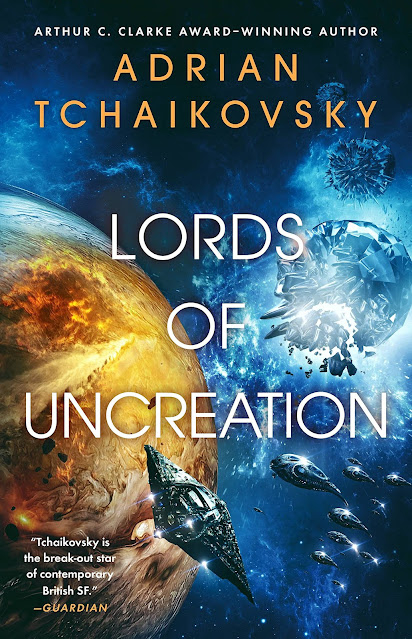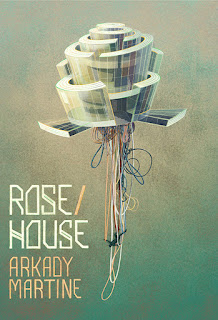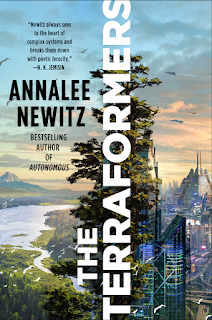A universal coming of age story that resonates across cultures
Written and directed by Makoto Shinkai, Suzume is the journey movie we need right now. The trailer may evoke the idea of a romantic adventure, but Suzume is instead a compelling coming of age story of friendship and loss, echoing classics like The Wizard of Oz.
Suzume Iwato is a high school student, raised by her stressed aunt after the death of her mother many years ago. On her way to school one day, she meets Souta, a young man who asks if there is a door nearby. She directs him to the local ruins of an old resort area. Curious, Suzume heads to the area herself and finds a freestanding door upright in the waterlogged destruction. When she opens it, she can see into another dimension filled with stars. A cat statue staked into the ground catches her attention, then comes alive and flees after she picks it up. Once she gets to school, she sees a red, smoke-like creature rising from the ruins in the distance. No one else can see the phenomenon, but earthquake warnings shriek on all of her classmates’ cell phones. Suzume races back to the ruins and finds an injured Souta desperately trying to close the door against the violently escaping red storm. By working together, the pair are able to close the portal. While Suzume bandages his arm at her home, Souta explains that the doors he seeks are portals that form in places of loss. The stormy red phenomenon is a “worm” that will cause catastrophically lethal earthquakes if let loose. Souta is a Closer, part of a secret society of people who monitor the portals to keep everyone safe. The strange cat from the ruins appears and turns Souta into a living version of a broken, child-sized chair in Suzume’s room.
The escaped cat, Daijin, is one of two “keystones,” objects keeping the worm phenomenon under control. Without the keystone, the worm starts to unleash earthquakes across the country. Suzume and Souta (in his changed chair body) must team up to stop the disasters and recapture the keystone. Otherwise, as the creepy cat reminds them, “a lot of people are about to die.”
There is so much to like in this tale. Suzume is appropriate for most ages but still deals with heavy issues of family and loss. The film has several key elements which make it particularly enjoyable:
Allies. In her journey, Suzume meets Chaki, a student; Rumi, a single mom of twins; and Serizawa, Souta’s college classmate. They are all strangers who help her in her quest. In many current adventure films, the good Samaritan characters tend to fall into two categories: 1) not really a good Samaritan or 2) future victim of the villain/antagonist. In Suzume, we instead see the value of connection, compassion, and mercy. Not just in stereotypical lifelong friendships but in the kindness of humanity towards each other—a thing that can seem lacking in society lately. The idea of Suzume helping the changed Souta is an ongoing theme reflected in the allies Suzume encounters. Later in the film, after Suzume is wounded by a traumatic event, the kindness of her allies is contrasted with phone-obsessed onlookers in the crowded city who comment on her injuries and disarray without offering help.
Technology. Suzume is heavily grounded in very current technology. In particular, the film shows the way our everyday technology borders so much on magical that it is able to operate as a believable explanation for otherwise fantastical happenings. Suzume and Souta are able to hunt for the spirit cat Daijin by tracking social media posts. When Rumi’s twins notice Souta’s chair form moving and talking, Suzume easily convinces them that it is a robotic AI. Although no one but Suzume and Souta can see the red phenomenon, everyone’s cell phones alert them to coming earthquakes.
Animation style. I don’t normally see anime on the big screen, but this was worth it. The scenes of bridges soaring over landscapes are worth the price of admission. Even a passing scene of travel through a brightly lit highway tunnel is beautiful in its simplicity and authenticity. The film’s music is also gorgeous and integral to the story, from sweeping lush pieces to the pop songs Serizawa sings along to on the radio. Suzume’s first encounter with Souta is filled with beautifully drawn facial expressions. When Suzume observes that Souta is beautiful, the comment feels more aesthetic than romantic (and becomes ironic when Souta is transformed into a broken chair).
Emotional connection. We get a glimpse of Souta’s normal life through his close friend Serizawa, who is worried that Souta has missed the college exam to become a teacher. Later, Suzume and her aunt Tamaki, who externally appear to be happy together, have a fraught conversation about their forced relationship, including Tamaki’s bitterness at the sacrifices she has made to raise her niece and Suzume’s anger at her aunt’s smothering. Despite the fantastical chaos around them, the story drills down to complications of close relationships.
Collective loss. Suzume explores the loss and sorrow caught up in a place rather than a person. This concept evokes the idea that a location can hold the emotions and memories of those who inhabited it, long after they are gone. We see the spirituality of physical spaces as we mourn the loss of a community. These themes connect us across cultures and countries—the sorrow at the loss of a beloved, or perhaps just familiar, space due to natural disasters, human conflict, or economic devastation. In Suzume, everything from a closed amusement park to the potential destruction of a city of millions pulls us up the emotional ladder of loss.
Personal strength and maturity. Unbeknownst to Souta, his fate is sealed early in his encounter with Daijin. Each day he has an increasingly difficult time waking up and feels further and further from his humanity. In a pivotal scene, Suzume is forced to make a terrible choice regarding Souta. She miserably looks for an alternative but ultimately has the strength to make the heartbreaking but inevitable choice. The tone of the film takes a more somber turn and it becomes clear that this is Suzume’s journey story.
Despite Suzume’s appeal, there are things I could do without. Does anyone like a Cheshire cat? We have one throughout most of the film. We also have the trope of the person who inadvertently unleashes disaster. Shouldn’t life-altering talismans be more secure or at least have a “don’t touch” sign? I’m also not the biggest fan of anthropomorphized objects—why isn’t Souta’s cursed form a wolf or a cat? But somehow, the broken chair manages to be less annoying than I feared.
Overall, the themes of community, loss, compassion, and friendship make this a movie with wide appeal. Suzume is an out of the ordinary movie that celebrates the ordinary in a way that will have you smiling as you leave the theater.
Nerd Coefficient: 8/10
Highlights
- Gorgeous animation and music
- Annoying cat…
- A story grounded in real-life sorrow
Posted by: Ann Michelle Harris – Multitasking, fiction writing Trekkie currently dreaming of her next beach vacation

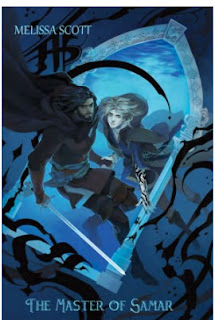
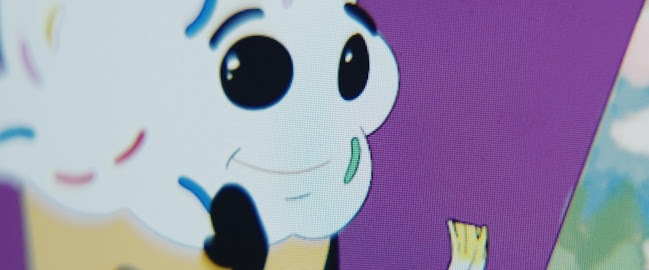


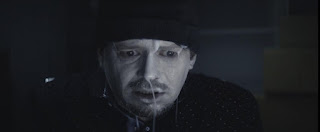









.jpg)



